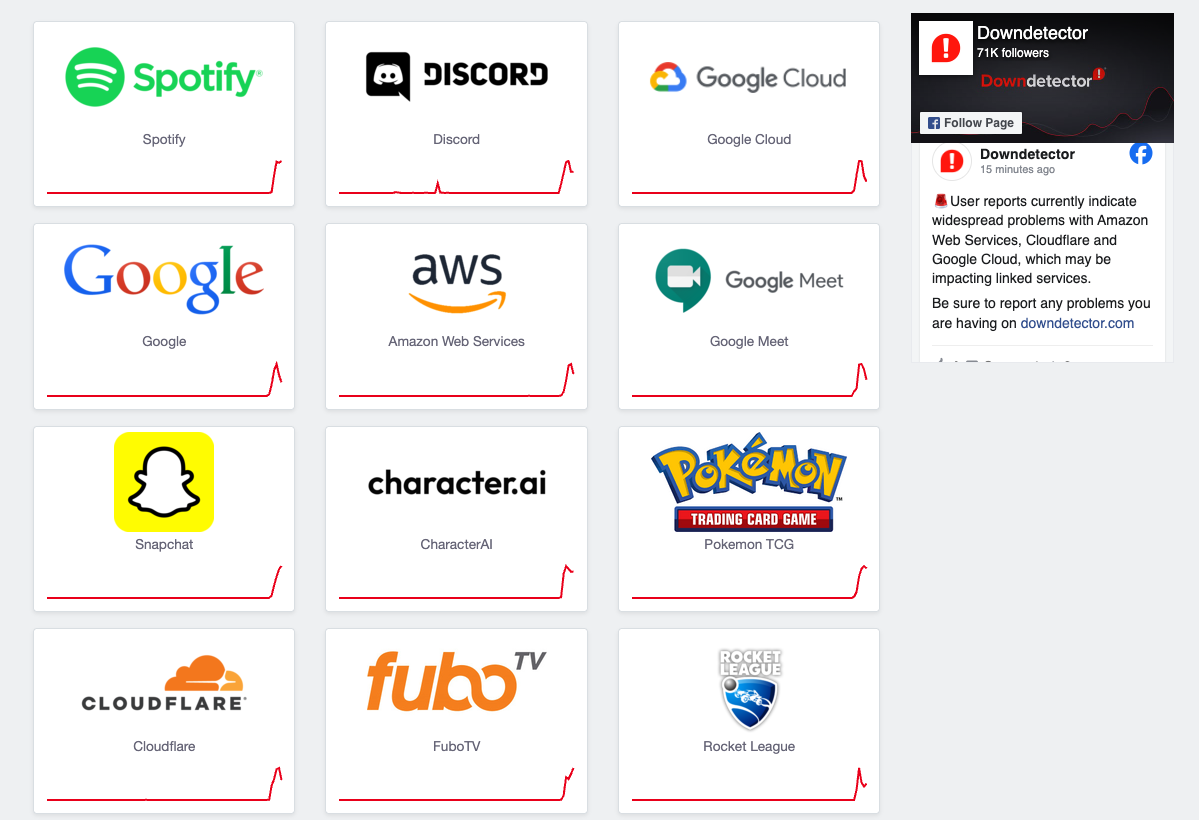GenAI Application Engineers
Andrew Ng over at DeepLearning.ai has a quick rundown of what businesses will be looking for in software engineers. He’s calling them “GenAI Application Engineers” and they have these three key skills:
1️⃣ Deep familiarity with a broad ecosystem of AI tools.
2️⃣ Proficiency in AI-assisted coding (e.g., Copilot, Cursor, Claude Code).
3️⃣ Strong product/design instincts to iterate on prototypes quickly.
I’d just add that part of the product and design instincts will also include the engineer’s ability to orchestrate AI tools / agents to build and iterate on said product and design. It’s almost as if engineers will slowly take on the role EMs and be in charge of managing their own little team of agents. I find that pretty cool and interesting.
Behold, the legacy of SaaS

This is why Apple Intelligence sucks.

From now on, my age will be year-based. I am now 25.
AI Just Made a 3-Minute Movie
Joanna Stern over at The Wall Street Journal has unveiled another mind-blowing development: with the help of WSJ staff, she created a three-minute movie in which nearly every scene, shot, and line of dialogue was generated using AI tools: specifically, Google Veo 2 and 3, ElevenLabs, and Runway.
As impressive as it is, you can tell you’re watching AI. There’s that familiar ultra-smooth feel, some shots of Joanna don’t quite look like her, and action sequences fall short of believability (for example, her karate kick barely connects but still shatters the target like something out of a low-budget CGI fest).
But it’s not hard to imagine how quickly this could evolve toward Hollywood-level production values. Probably the bigger shock is the price (or lack thereof): The entire short cost only about $1,000 to make. I’m no filmmaker, but I assume this is a fraction of what traditional filmmaking calls for.
We’ve come a long way since that bizarre, now-iconic Will Smith spaghetti video. It’s become an understatement to say AI is changing so fast. With these tools now available, what can we expect in another 3 years?
Last night I did a quick vide-coding session in Cursor for an iOS app that does currency exchange conversions. One of the key requirements in the PRD was to store the API key securely. First round of coding put the key in plain text right in the code.
So yeah, human oversight is definitely a thing.
Things are happening
Consider this: the CEO of an influential company being openly and brutally honest to his employees about the effects of AI on their jobs.
Am I referring to Micha Kaufman, CEO of Fiverr? Or maybe another tech company altogether like Shopify or Duolingo? Nope.
Instead it’s… Jim VandeHei, CEO of Axios? A media company?
Indeed, you read that right.
In a recent Axios column, V lays it all out, no sugarcoating. AI isn’t just some productivity boost, it’s a huge game changer that’s forcing Axios to rethink jobs, workflows, and the very future of journalism. VandeHei says that he gets that people are worried about what this means for their careers but says leadership is about facing those tough realities head on.
Sound familiar? It should. That’s because Fiverr’s CEO sent a similar message in an internal email (shared in a tweet by Greg Isenberg). Kaufman talks openly about the challenges AI brings, but also the opportunities, urging his team to adapt and innovate to stay ahead.
What I find particularly interesting here is that AI isn’t just shaking up tech startups, it’s pushing even traditional industries like media to make some tough calls right now.
Things are happening.
Sources:

AI Agent "Tutorials"
I’ve noticed a concerning trend: many “educational” videos and articles seem more focused on riding the AI hype wave than providing actual value. The creator’s understanding often seems surface-level at best. Especially on sites like YouTube, the videos seem more like “I’m making this video to demonstrate my barely-there understanding of this stuff” and less like “here’s a great step-by-step tutorial from someone who’s mastered it”.
After spending hours searching for quality resources, here’s what I’ve learned:
• Look for content creators who demonstrate real applications, not just theory.
• Quality tutorials include code samples and address common errors.
• The best resources explain WHY, not just HOW.
• The videos should conclude with a call to action you can take right now in your current role.
There’s so much buzz out there, people are dying to create content from it. So, here’s some resources I’ve found genuinely helpful:
• Tina Huang has addressed this dichotomy in a number of her videos (Agentic flow vs. actual AI agents)
• The Neuron Newsletter has also talked about this in their daily email.
Sources:
